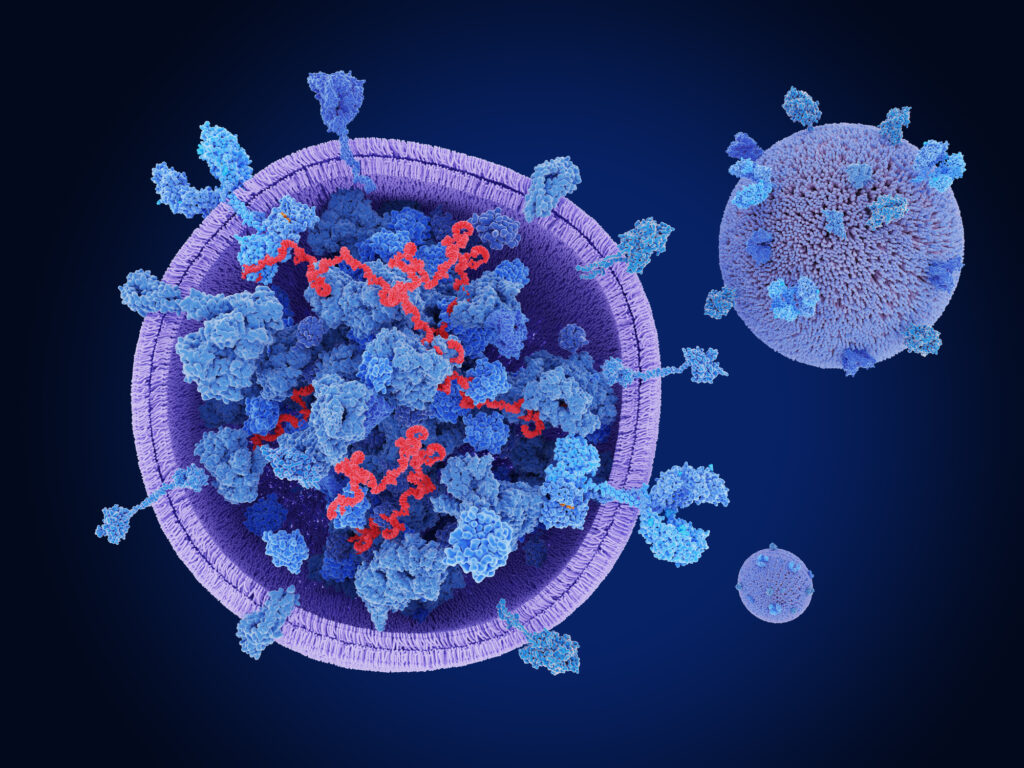Osteoarthritis (OA) is a prevalent degenerative joint disease that significantly impacts the quality of life for millions worldwide. Characterized by chronic inflammation and the degradation of articular cartilage, OA is often viewed merely as a consequence of aging or mechanical wear and tear on the joints. However, recent research has illuminated the underlying immune mechanisms that contribute to this debilitating condition, revealing that an imbalance in immune cell populations plays a crucial role in its pathogenesis.
One of the key drivers of OA is the hyperactivation of proinflammatory CD4+ effector T cells (Teffs), which contribute to the chronic inflammatory milieu within the joints. This immune imbalance, characterized by an overabundance of proinflammatory Teffs and a deficiency of regulatory T cells (Tregs), exacerbates joint damage and inflammation. Tregs are essential for maintaining immune homeostasis, and their dysfunction may lead to unchecked inflammation and tissue destruction in OA.
Addressing this immune imbalance could be a game-changer in managing OA. By correcting the ratio of Tregs to proinflammatory Teffs, we may slow down or even halt the progression of the disease. This presents a promising potential target for therapeutic intervention, a notion supported by the findings in a recent review authored by Tianhao Liu, Chunxiao Ran, Dewei Zhao, Fan Yang, Qiang Guo, Jiahui Yang, and Xiuzhi Zhang.
Mesenchymal stem cells (MSCs) have emerged as a promising avenue for treatment due to their remarkable anti-inflammatory and immunomodulatory properties. These cells can influence both adaptive and innate immunity through various mechanisms, including the release of soluble factors like indoleamine 2,3-dioxygenase (IDO), prostaglandin E2 (PGE2), and transforming growth factor-beta (TGF-β). Additionally, MSCs can interact with other immune cells through direct cell-to-cell contact and the release of exosomes, which harbor bioactive molecules that modulate immune responses.
One of the proposed mechanisms by which MSCs exert their beneficial effects in OA is through the correction of the Tregs/proinflammatory Teffs imbalance. By enhancing the population or function of Tregs while simultaneously inhibiting the activity of proinflammatory Teffs, MSCs could create a more favorable immune environment that supports cartilage health and mitigates inflammation. This potential for MSCs to restore immune balance opens new avenues for developing effective strategies for OA treatment.
In summary, the intricate relationship between OA and immune system dysfunction highlights the significance of Tregs and proinflammatory Teffs in the disease’s pathogenesis. The work of Liu, Ran, Zhao, Yang, Guo, Yang, and Zhang provides valuable insights into the potential of MSCs and their exosomes to correct this imbalance, presenting a promising therapeutic approach for OA management. As research in this field continues to evolve, these findings may pave the way for novel, more effective treatments that address the root causes of osteoarthritis rather than merely alleviating its symptoms.


